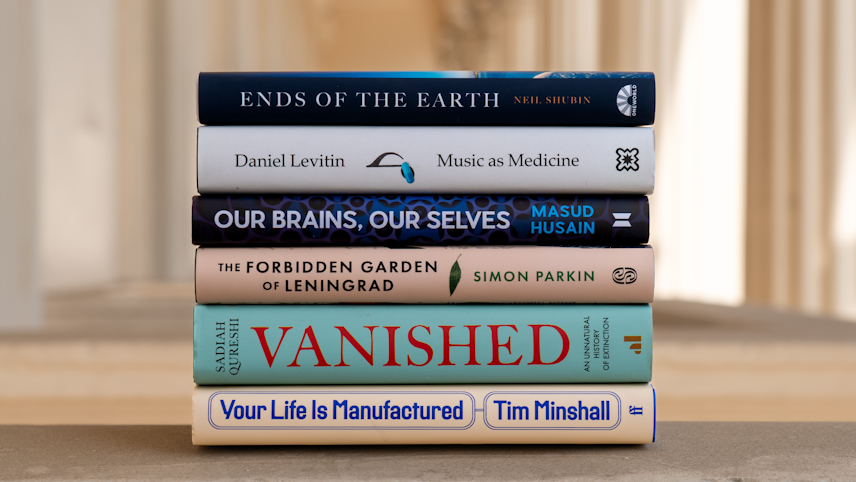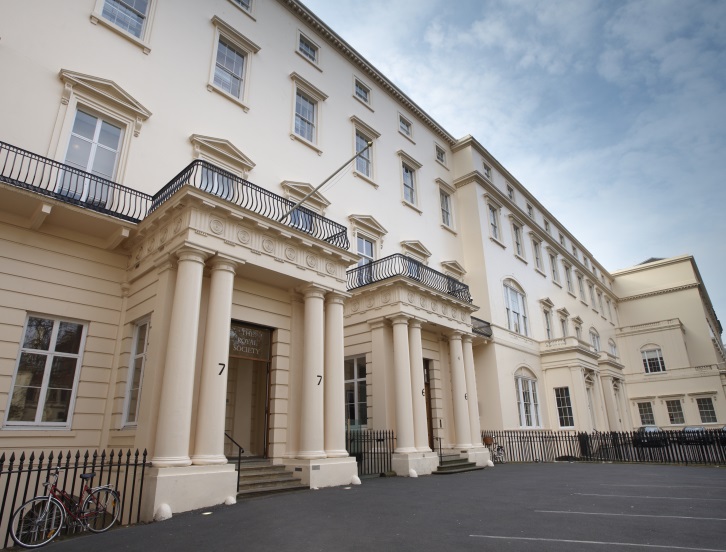From addressing climate change to developing new vaccines, the importance of science to our everyday lives has never been clearer, and the relationship between public and scientific research has never needed to be stronger. That’s why we are passionate about ensuring public engagement – the many ways that researchers share their work with others – is an important and valued element of the research lifecycle.
We want everyone to have access to, and understanding of, scientific knowledge and the scientific approach. We want to listen to the views of the public, involve them in our work and inspire everyone to explore new discoveries as well as the rich history of science.
We commission public dialogues to understand public opinion on emerging and often controversial technologies. We work with the higher education sector to promote the importance of public and societal engagement as part of a healthy research culture. And we create events and digital content for all ages and all interests, from our annual Summer Science Exhibition to videos exploring the scientists who shaped our world.
The Society has long shown leadership and innovation in public engagement: from the Bodmer Report in 1985, to the establishment of the Michael Faraday Prize; from the founding of the Committee for the Public Understanding of Science (COPUS) to the establishment of our Science Book Prizes and the Summer Science Exhibition.
Our work is governed by the Public Engagement Committee, chaired by cosmologist Professor Carlos Frenk FRS. It is delivered by the Public Engagement team in partnership with institutions across the UK and globe and is underpinned by three key deliverables.
- A programme that promotes the importance of public engagement within the research sector
- A dialogue programme that proactively informs, involves and listens to the public on emerging trends in science and technology
- A public programme to inspire and enthuse all about science



